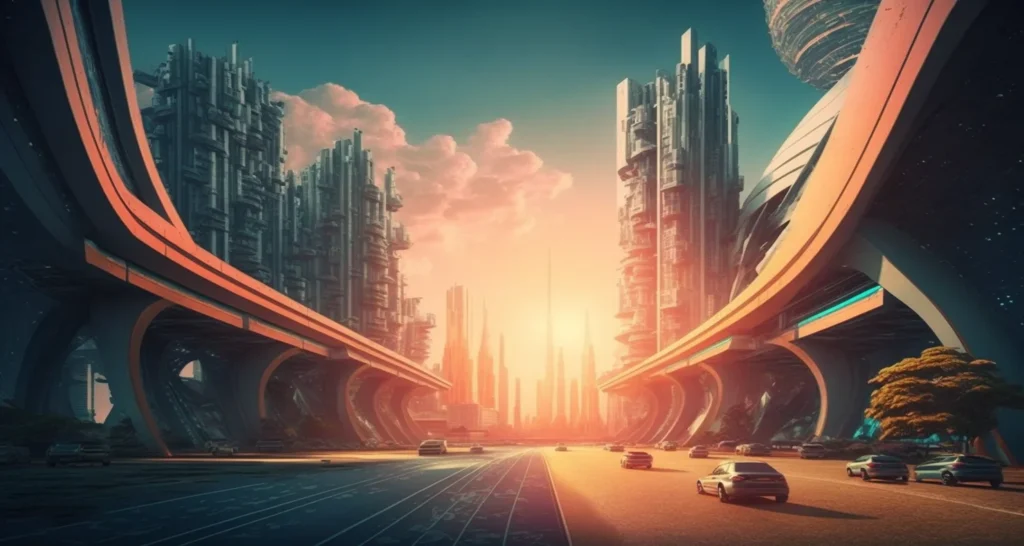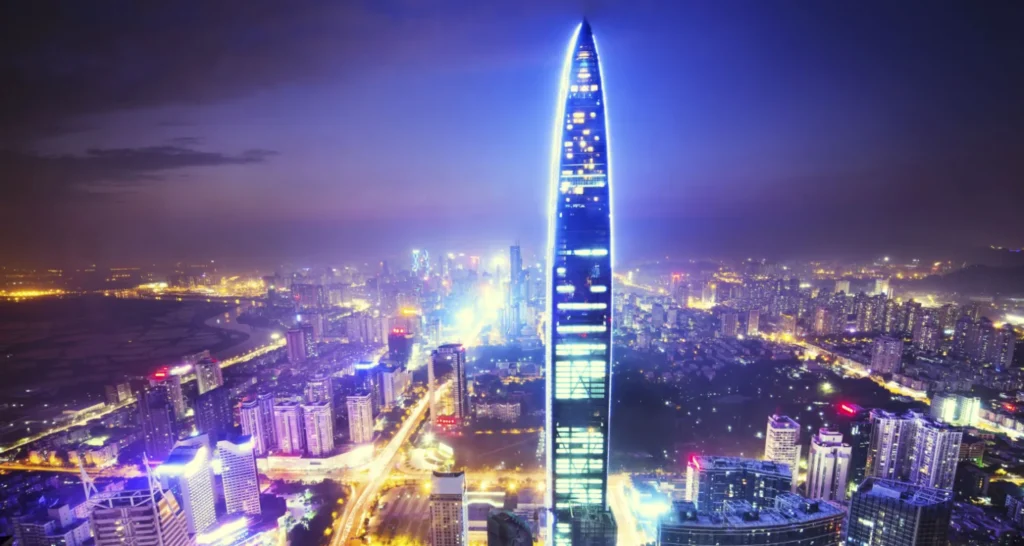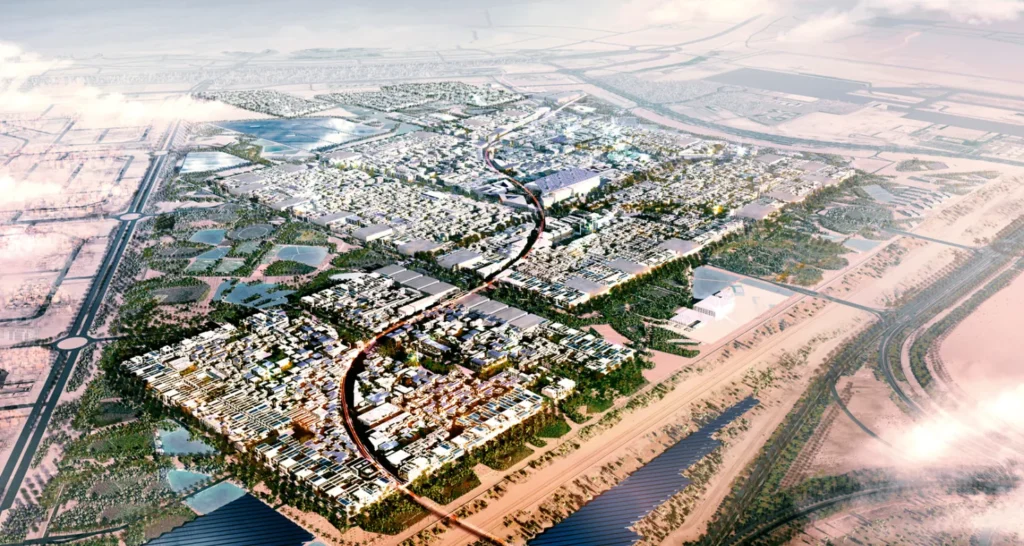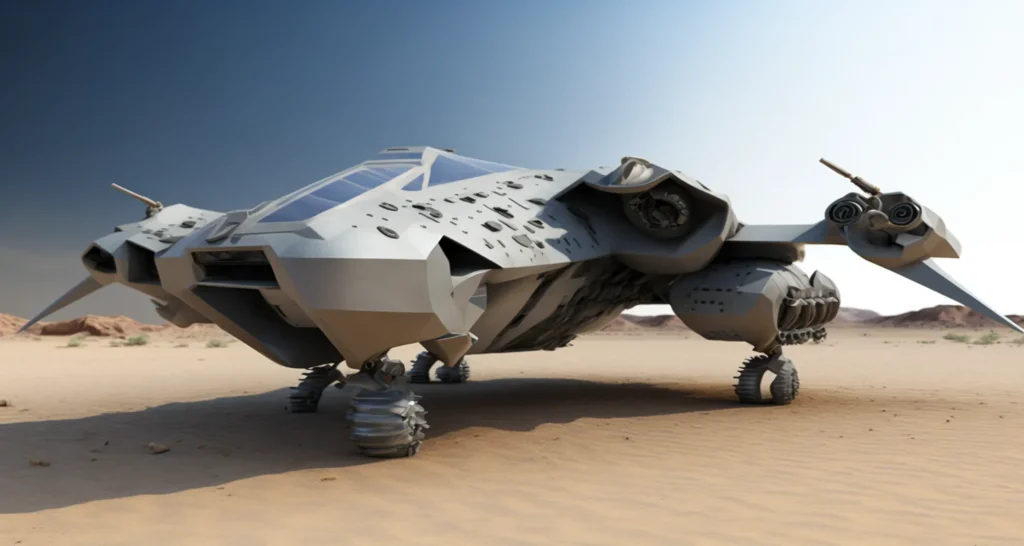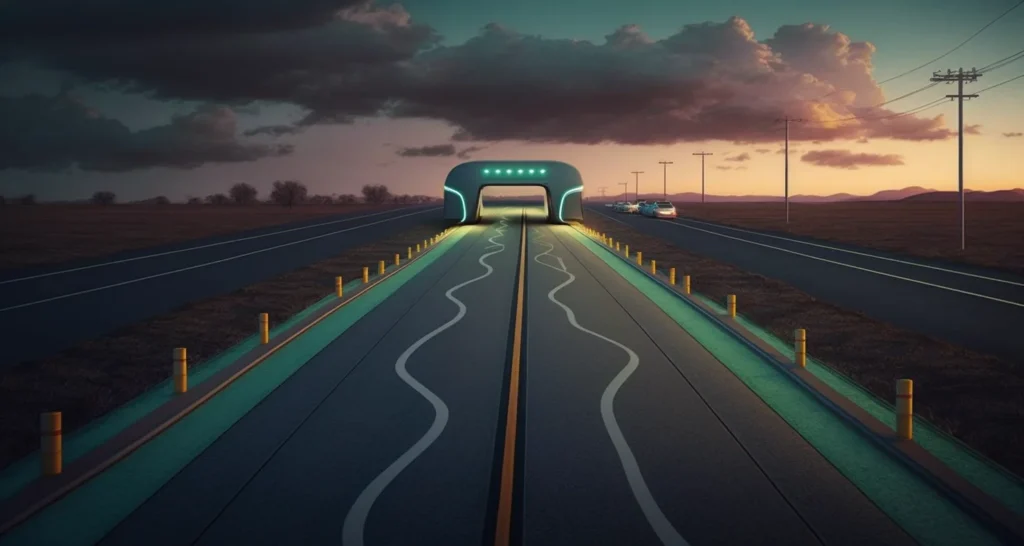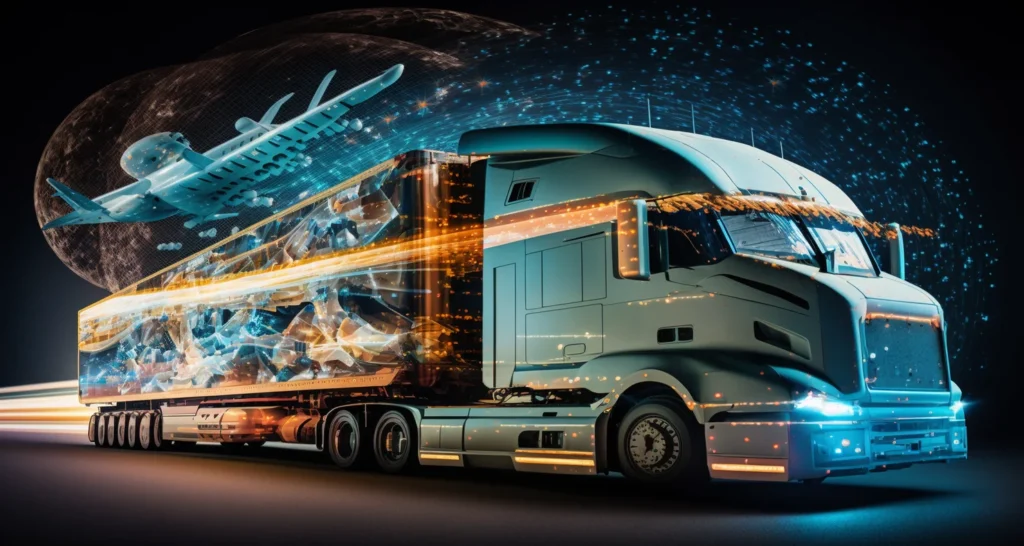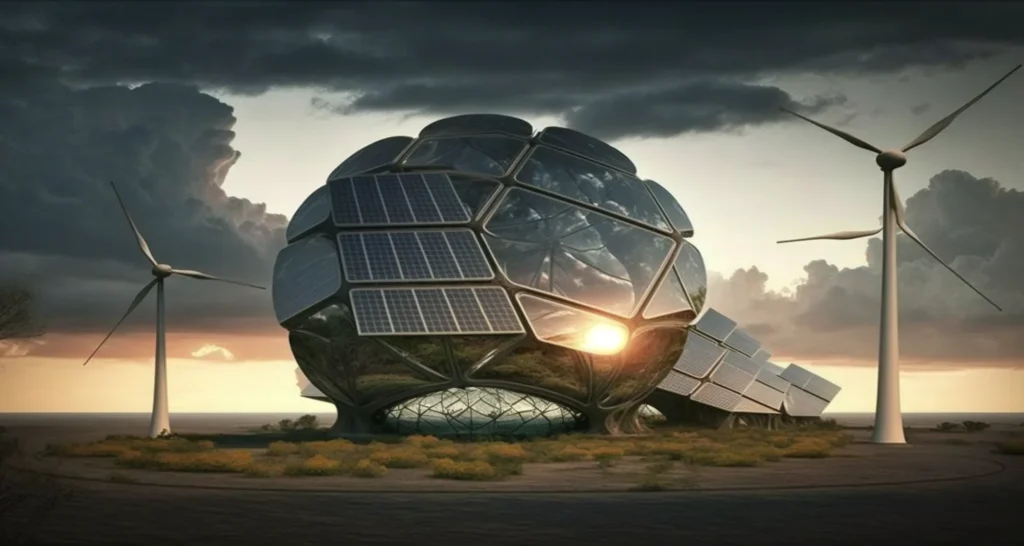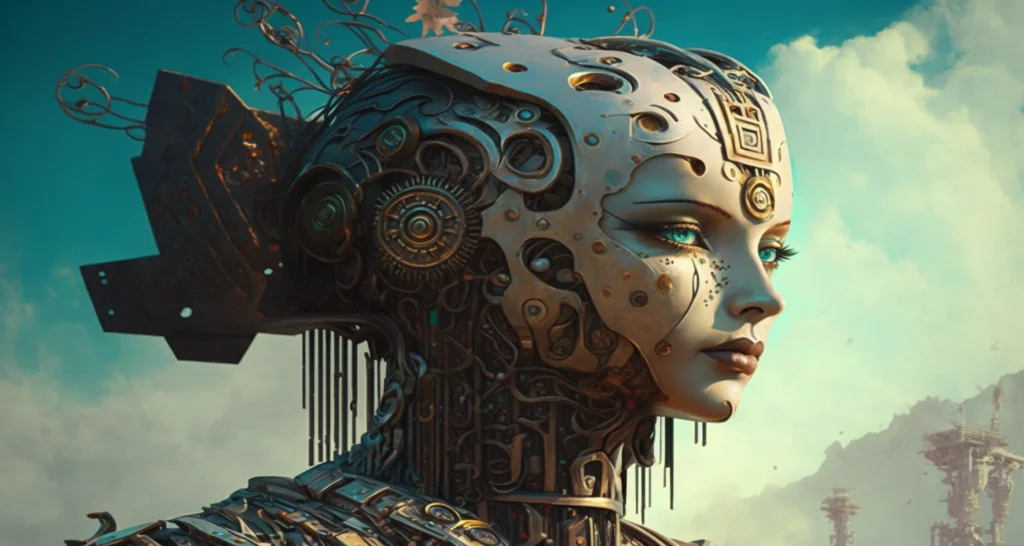There are millions of passenger cars driving through the streets of the largest cities in China. This, on the one hand, damages the environment and, on the other hand, causes huge traffic jams. The government is building new communications, but cars are just getting too fast. It is, therefore, necessary to look for other solutions – for example, hyperloop.
Chinese state-owned companies have therefore decided to invest in the American startups Arrivo and Hyperloop Transportation Technologies. And it’s definitely not a negligible amount – the first-named has earned about $ 1 billion and the other $ 300 million.
Both companies have great plans, but their approaches differ in some respects. Arrivo focuses on highway traffic – it wants to create separate “lanes” (it is not yet clear whether overground or underground) in which vehicles will be able to move at a speed of 320 km / h. Of course on magnetically-floating platforms in almost empty tubusses.
“A billion dollars could be enough to create a three-way urban hyperloop system, with each section going from 9.5 to 14.4 kilometers,” Arriva co-founder Andrew Liu said in an interview with Bloomberg.
Hyperloop Transportation Technologies intends to transport only people, not their cars. However, at a speed of up to 1200 km / h. Most of the above-mentioned $ 300 million will be used to build a ten-kilometer test track in the province of Guizhou.
It is not yet clear how much these investments will eventually pay for China. In addition to the purchase price, it is necessary to take into account the maintenance costs, etc. and the fact that if the tickets are expensive, the rate of interest in traveling by Hyperlope may be too low to have a significant effect on its operation.


